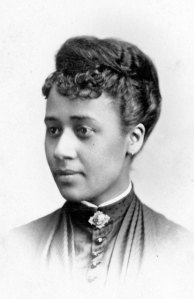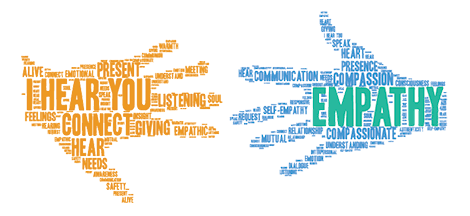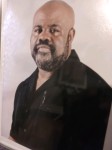When I think about my core values, I think about the positive aspects of my beliefs and how they direct my actions and influence my orientation to others. I think of my values as the foundation from which I reach out, stretch, and move forward. Values form the crucible of my faith in myself and in others.
Like core values, when I think of spirituality, I think of some belief that is at its core humane with roots emanating from religiosity or other spiritual dimension. It speaks to the ultimate good coming from one’s God.
In the current cult of culture, neither core values nor spirituality can be assumed to be positive or good in relation to respect and love for fellow human beings. There seems to be no common understanding of standards of civility nor generally accepted ethics or morals.
It seems that in this cult of culture, we make decisions about the goodness or evilness of people based on their strong or even tangential affiliations. The presumption is that those who affiliate with a group share common values and beliefs. To the outsider, the assumption is that these shared values and beliefs, if not the same as our own, are not just different but juxtaposed to our core values and spiritual beliefs.
Sadly, in a cult of culture, there is a degradation of human interaction. For example, if a Black person is in conversation with a White person who seems to have similar ideas regarding justice and fairness, and the Black person learns that the White person is or used to be a police officer, something changes in the interaction. Stereotypically, there is instant or auto-suspicion of the White person by the Black person because of the White person’s affiliation with law enforcement because this group is often assumed to be biased, particularly against Black people.
Auto-suspicion is not only switched on between people of different racial and ethnic backgrounds. The above example may raise suspicion even if the current or former police officer is Black, depending on what weight the other party puts on the different aspects of their conversation partner’s identity. In another example, someone who is of the same race or ethnicity may reveal that their child attends what is perceived as an ultra-conservative Evangelical Christian college, leading to assumptions about the person’s values and beliefs and perhaps a struggle to keep from closing off and becoming guarded about what one shares with the person thereafter.
In today’s cult of culture, there are suspicions and assumptions about people based on their political preferences. More than other characteristics, one’s political preferences are defining the essence of people. Before knowledge of political preferences, one’s actions and reactions are likely neutral and unbiased. Once the new knowledge about politics is revealed, there is often an instant lack of trust and a niggling feeling of fear and a hardness that becomes non-negotiable.
Non-negotiable attitudes are borne out of faith in concepts that usually do not stand up to the test of reason. In fact, a 2019 study by More in Common found a wide perception gap in how Americans tend to understand people on the other side of the aisle.
Sadly, the polarizing environment that we inhabit today is the lifeblood of our current cult of culture. A total lack of empathy and respect for those who share different political and religious views is a distressing byproduct of the cult of culture. There seems to be a virus of dogmatic beliefs based on prejudice rather than reason.
I live in an environment that is giving me a lot of experience in checking myself when I make assumptions about the values and compatibility of people based on previous understandings and interpretations of superficial characteristics. I’m beginning to believe that in some instances, my openness to seeing beyond the surface and acting on what I see before me rather than my assumptions tends to reduce my doubt, suspicion, and prejudice, as well as the doubt, suspicion, and prejudice from those with whom I interact.
It’s not easy to check myself and be clear-eyed and cognizant about what I value when auto-suspicion is so strong. I will keep working at it. I think it’s worth it. Don’t you?
After all, as the “Perception Gap” report rightly concludes: “A healthy democracy will always have some disagreement and conflict; it’s a necessary component of progress. But democracy also requires a sense of shared values and commitments, and a willingness to find common ground. This study suggests that there is more such territory than many imagine. By understanding our Perception Gaps, working to overcome our mistrust of the other side, and resisting the forces that seek to divide us, we can advance towards a future that we all want.”



